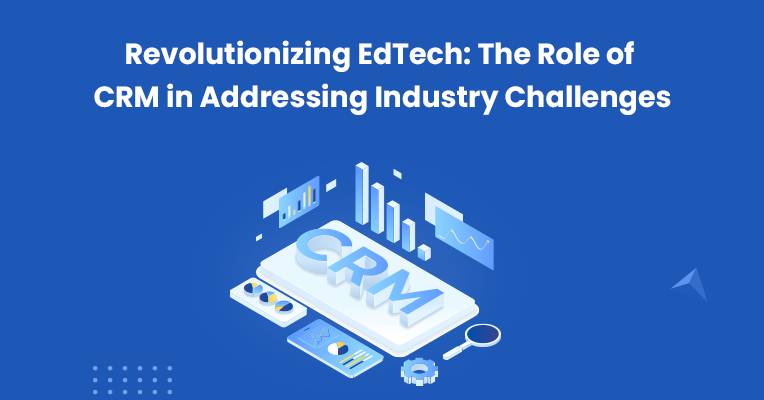The digital transformation of the education sector has brought about a myriad of opportunities and challenges. One tool that has proven instrumental in navigating these complexities is the Customer Relationship Management (CRM) system, specifically designed for the Education Technology (EdTech) sector. This blog post will explore how an EdTech CRM can alleviate common industry pain points, enhancing efficiency, communication, and data management.
CRM systems in education, or EdTech CRMs, are software tools that streamline interactions and relationships between educational institutions and their stakeholders, including students, parents, and staff. They serve as a central repository for critical data such as contact information, enrollment and academic records, and communication history. Furthermore, they offer automation capabilities for processes like recruitment, admissions, and communication, thereby improving operational efficiency and stakeholder engagement.
EdTech CRM is engineered to automate various tasks, including lead generation, marketing, workflows, app integrations, reporting, and fee management. Let’s delve into the key modules of an EdTech CRM and how they can transform your educational organization.
Leads
The leads module captures and manages leads from diverse sources, including web forms, social media, and offline and online events. It enables institutions to track leads, categorize them, and monitor their journey through the sales funnel. Additionally, it facilitates the assignment of leads to team members and the setup of automated follow-up tasks and reminders.
Marketing
This module empowers institutions to design and implement effective marketing campaigns and automate their marketing efforts. It allows for audience segmentation, personalized email campaigns, and campaign effectiveness tracking. Integration with popular marketing automation tools is also possible, enabling more targeted and successful campaigns.
Workflows
The workflow module is a cornerstone of the EdTech CRM, designed to automate and streamline various tasks and processes. Custom workflows can be created for tasks such as student enrollment, fee management, and parent communication. It also allows for task assignment, automated reminders, and task progress tracking.
Apps Marketplace
This module facilitates seamless integration with third-party tools and applications, enhancing the system’s functionality. Institutions can access a broad range of apps and integrations, such as Google, Facebook, WhatsApp, and more. It also fosters a collaborative environment where institutions can share and discover new apps and integrations.
Reports
The reports module provides valuable insights and analytics about institutional performance. It allows for the generation of various reports, such as enrollment, marketing, and financial reports. Institutions can customize the layout and format of their reports and export them in different file formats.
Fee Manager
This module streamlines the entire fee collection and management process. It supports end-to-end financial management, allowing institutions to create fee structures, collect fees through multiple modes, reconcile fee payments, offer EMIs, record transactions, and generate invoices. It also enables tracking of student fees and sending automated reminders to parents.
In conclusion, EdTech CRM systems offer a comprehensive suite of modules that can help educational institutions streamline and automate various tasks and processes. By leveraging these modules, institutions can enhance their operational efficiency and provide a superior experience to their stakeholders. Embrace the transformative power of EdTech CRM and experience the difference it can make in your institution’s journey.




